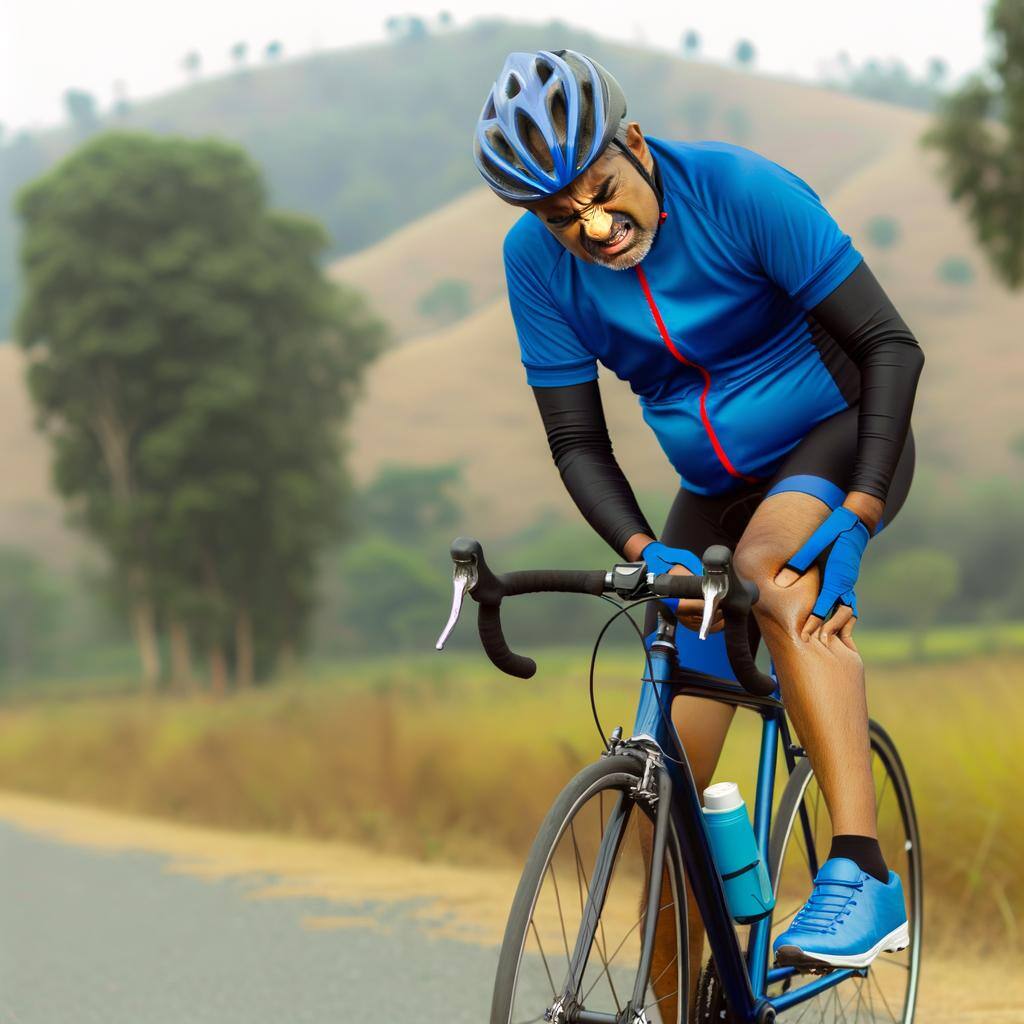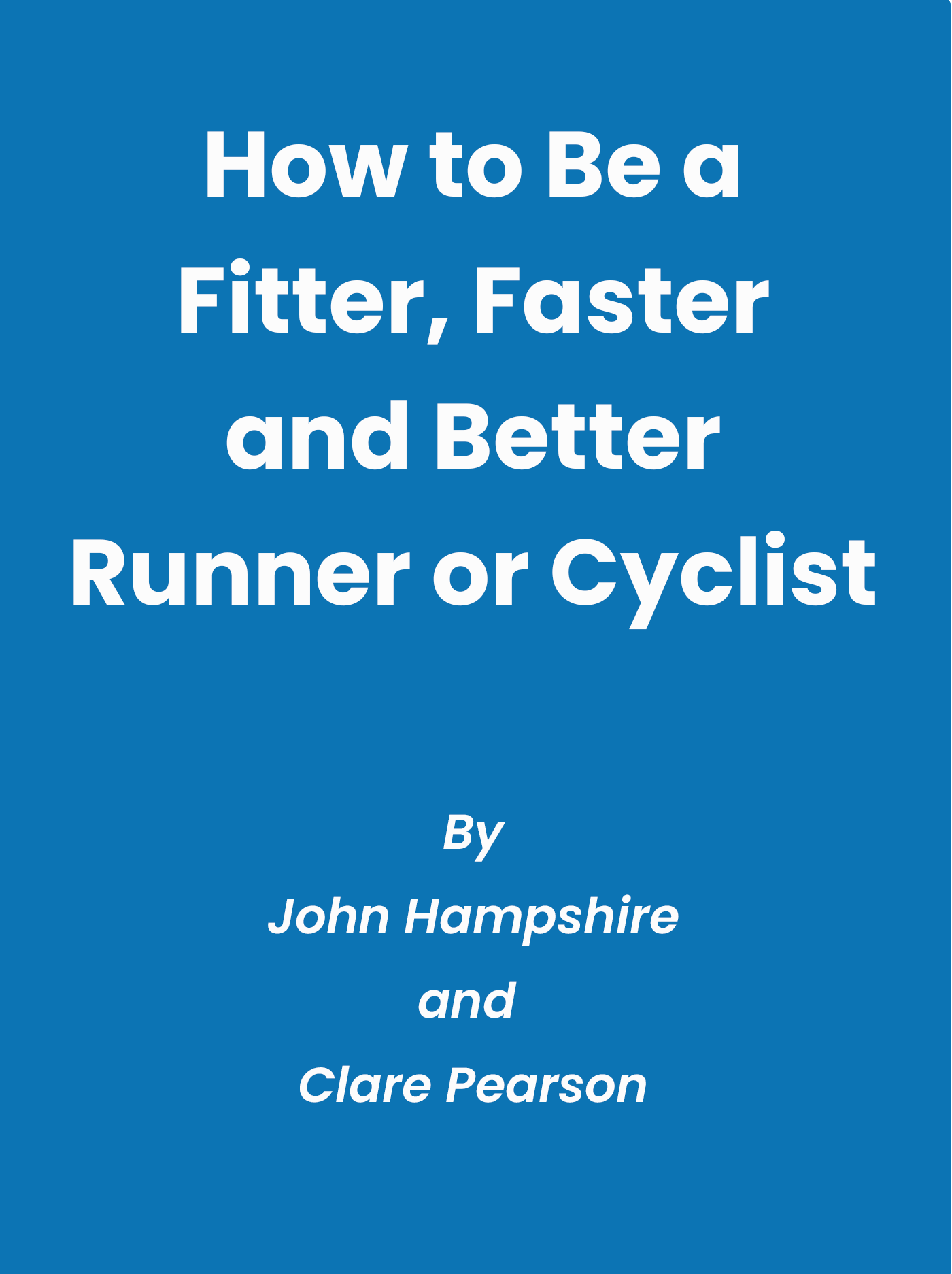Dealing with Cramp During Ultra Cycling Events

If you have ever suffered from cramp you will know it can be exceedingly painful and put an end to your ride and/or training. If can cause soreness and bruising for days and lead to injury if not treated with care.
Why do we get cramp?
It was thought for a long time to be linked to dehydration and/or lack of electrolytes in the fluid we drink. However, recent research has shown that there is no strong link between dehydration, electrolyte intake and cramp. Rather muscle fatigue is the main reason muscles cramp.
In very simple terms, as a muscle fatigues the signals that carry muscle activity in the alpha motor neurones increase whilst the signals that carry muscle relaxation decrease. This means that the muscle contracts but cannot relax and 'cramps.'
There are certain medical conditions (e.g. under-active thyroid) and medications (e.g. statins) that can cause cramp which you should always get checked out if you think this may be causing the issue.
Other risk factors include:
- Being an (older) male
- Not tapering enough for your event (going into it too tired)
- Injury (muscles get weakened or we compensate and use untrained weaker muscles)
- Some people seem to have a 'low cramping threshold' - genetically they are just more susceptible to cramp.
Why do muscles fatigue?
Muscles fatigue when we ask them to work too hard; this can explain why athletes often get cramp in races where they push themselves harder than they might in training. It could also explain why people have previously seen a link with dehydration as you fatigue more when you are dehydrated.
How to avoid cramp
Taper adequately for your event and set the intensity according to your ability on that day
Have a strength and conditioning regime which means that you can avoid major muscle imbalance and strengthen supporting muscles as well as major working muscles.
Think about strategy and intensity for your event, particularly if the terrain is more difficult than you are used to (e.g. more climb).
Try to offset conditions that will increase fatigue such as poor nutrition and dehydration.
What to do if you get cramp
Slow down or stop to allow the muscle to recover
Stretch - carefully - this seems to reactivate the golgi tendon organ responsible for muscle relaxation.
Make sure you are adequately fuelled and hydrated.
Restart your activity at a manageable pace.
Pickle Juice?
Anecdotally, pickling juice (pickling vinegar) seems to help stop cramp when it occurs, although no one really seems to know why. Some sports brands sell shots of it in small bottles that you can carry with you for use in a cramping emergency.
We have athletes that highly recommend it but have never tried and tested it ourselves.
Subscribe to our blog
Please share with your friends
Other articles you might like
May 28, 2024

Comments